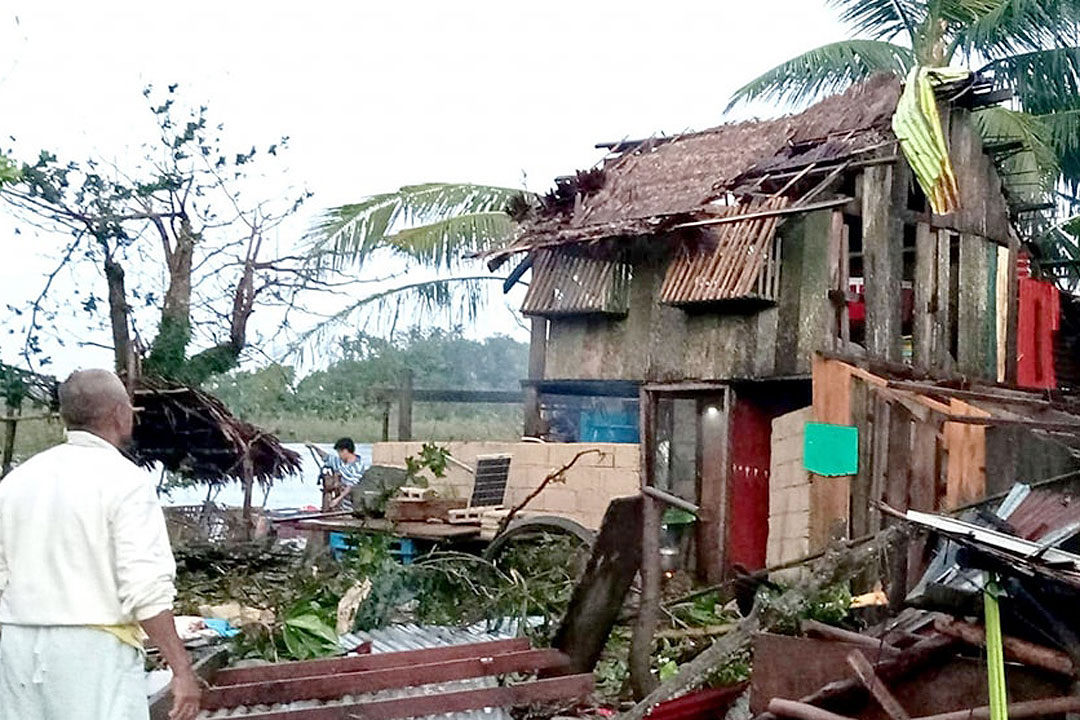House reps renew push for bills relating to climate change in typhoon’s aftermath

LAWMAKERS on Tuesday renewed calls to fast-track the passage of bills that are seen to help mitigate the impact of changing weather patterns, including measures on land use and the creation of a department on disaster management.
House Bill 3956 or the proposed National Land Use Act of the Philippines seeks to establish parameters on land utilization and physical resources to protect vulnerable communities from climate change-related disasters.
“The bill outlines land use policies to determine areas allocated for agricultural production, housing and settlements, energy development, industries, and other economically productive sites, and protected zones for environmental sustainability,” Davao City Rep. Paolo Z. Duterte, one of the authors of the bill, said in a statement.
“The rational and efficient planning and use of our land resources are also vital in ensuring that we get to identify high-risk and danger-prone locations in our communities,” he said.
The proposed law is included in the priority measures listed by President Ferdinand R. Marcos Jr.
Manila Rep. Joel R. Chua, meanwhile, said the aftermath of tropical storm Nalgae, locally named Paeng, underscores the need to create a department focusing on disaster management.
He noted that the House of Representatives in the previous Congress approved a measure for the establishment of Department of Disaster Resilience (DDR).
A counterpart bill was not passed by the Senate as several legislators questioned its practicality and the funding required to set up another department.
“The House has been approving DDR bills, those bills are later met by stiff but baseless opposition,” Mr. Chua said.
Ang Probinsyano Party-list Rep. Alfred C. Delos Santos, for his part, pushed for House Bill 1915, which seeks the inclusion of evacuation policies for livestock and work animals in disaster response.
“The government lacks guidelines on this. There should be efforts to evacuate livestock and work animals because families and enterprises especially in the provinces will depend on these animals’ post-disaster for their livelihood,” he said in a statement. — Matthew Carl L. Montecillo and Kyanna Angela Bulan



